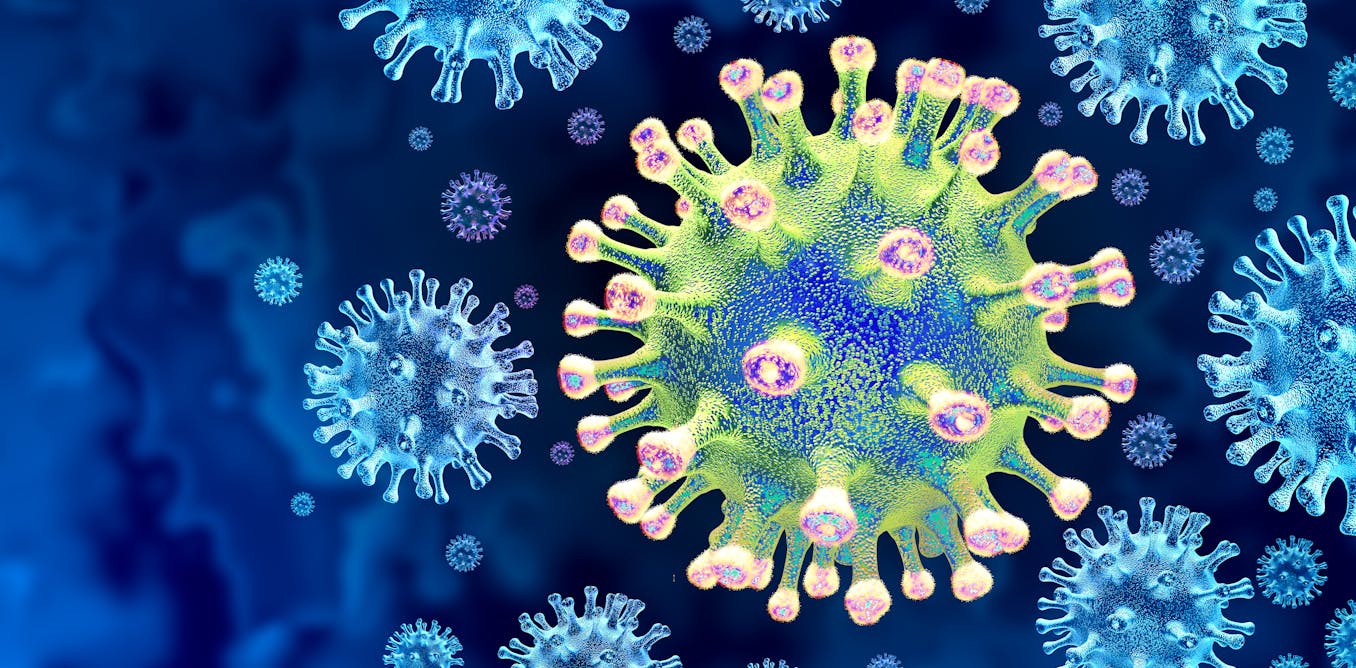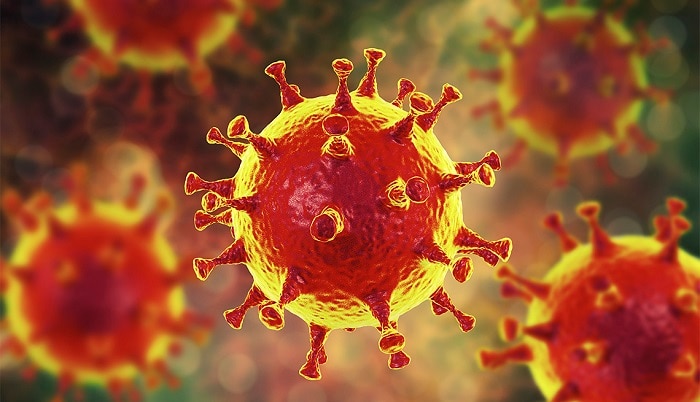
Amidst the fast-spreading surge of omicron cases, a new COVID-19 variant called IHU emerged in France. Here’s all about another variant of the coronavirus.
What is COVID-19 variant IHU?

A new variant, officially known as B.1.640.2, was discovered by the Instituts Hospitalo-Universitaires (IHU) in France. The variant is associated with Cameroon and, France reported over 12 cases. According to the researchers at the French institute, the IHU variant has 46 mutations, putting it above the omicron for the number of mutations. Eric Fiegl-Ding, a US health economist and epidemiologist took to Twitter to share more information. He is monitoring signals of several odd variants to better understand them.
“NEW VARIANT—French scientists have “rung the bell” after discovering a cluster of 12 cases of a variant of “atypical combination” with **46 mutations & 37 deletions** in southern France after index case returned from Cameroon,” tweeted Feigl-Ding. The variant can be checked using a careful PCR analysis as it projects different signals. ”These observations show once again the unpredictability of the emergence of new SARS-CoV-2 variants and their introduction from abroad, and they exemplify the difficulty to control such introduction and subsequent spread,” he added.
Is it more dangerous than the omicron variant?

New variants and mutations of the virus are discovered frequently. However, this does not make it more transmissible or dangerous. Further research alone can solidify such details. ”There are scores of new variants discovered all the time, but it does not necessarily mean they will be more dangerous. What makes a variant more well-known and dangerous is its ability to multiply because of the number of mutations it has concerning the original virus,” he assured.
The news of the IHU variant comes after Oliver Verna, the French Health minister revealed that the nation expects a surge in new cases. Last week alone, the country crossed four consecutive days of figures over 200,000. “I said that maybe – maybe – this is the last wave, meaning that considering the number of infections in our country and around the world, it’s probable that we will have developed a form of immunity, either through vaccination or through getting infected, or both,” said Verna.






